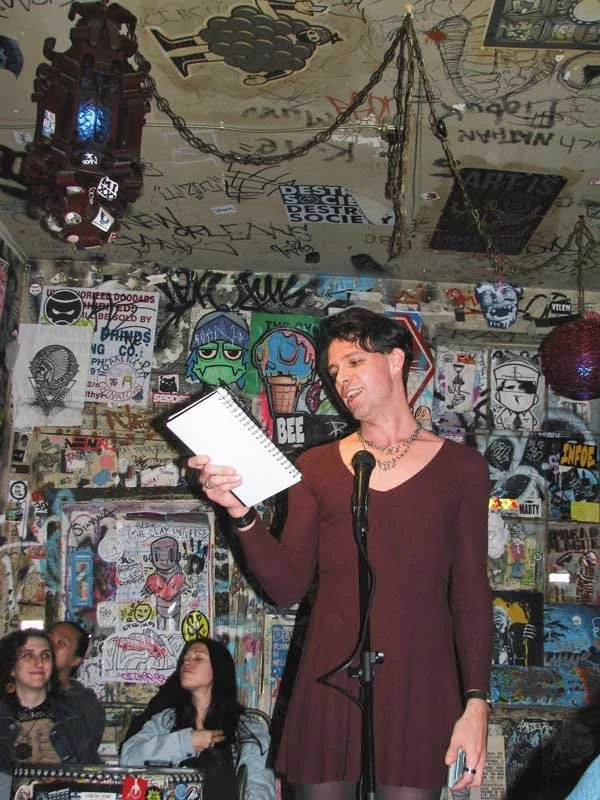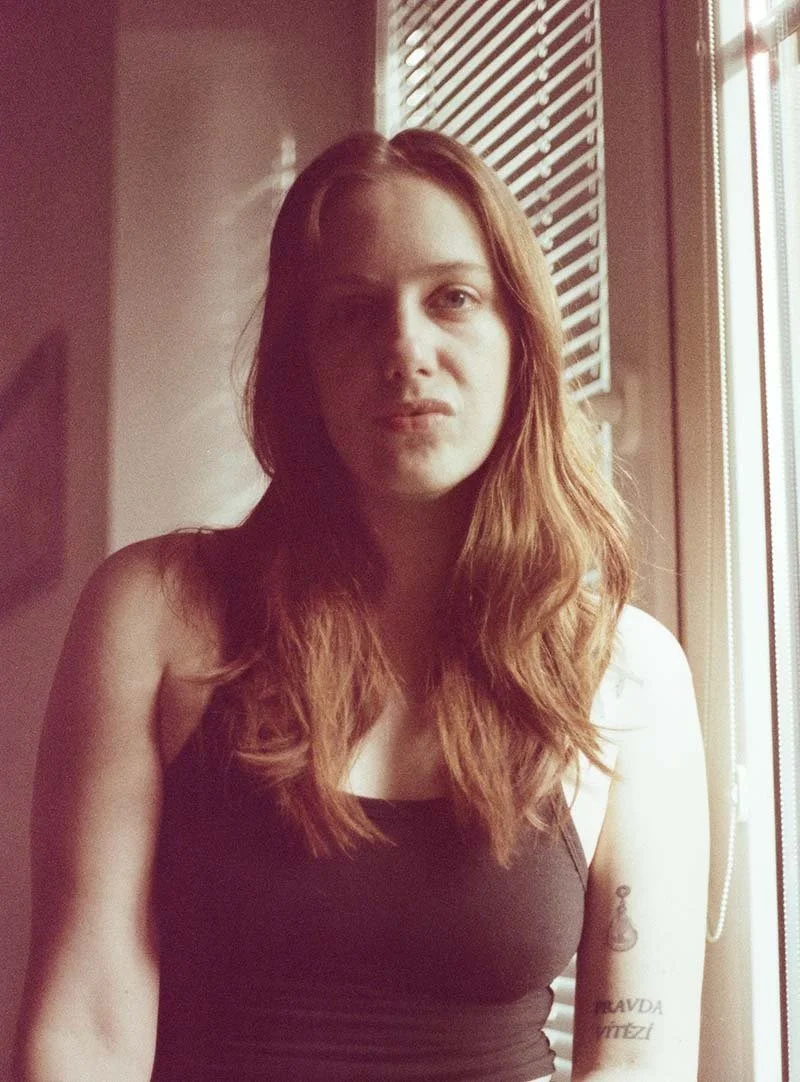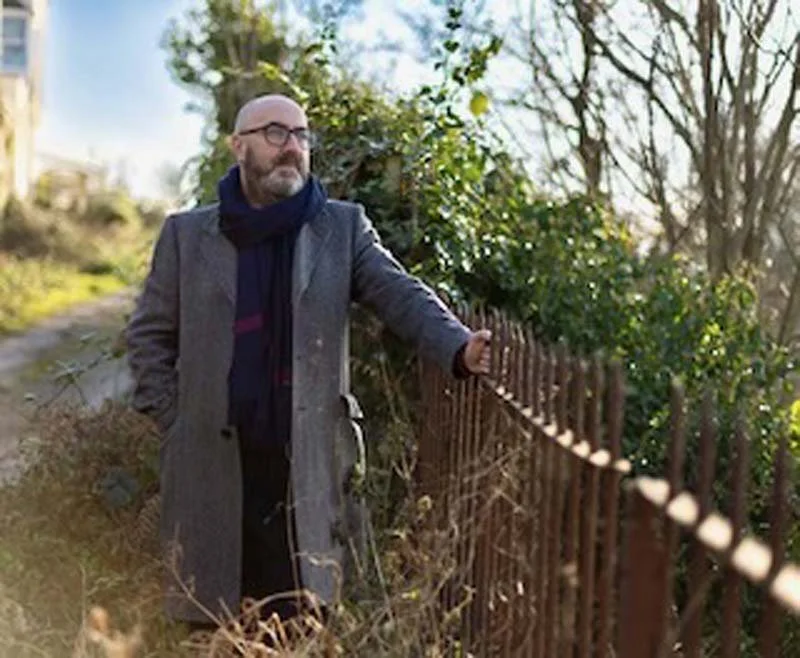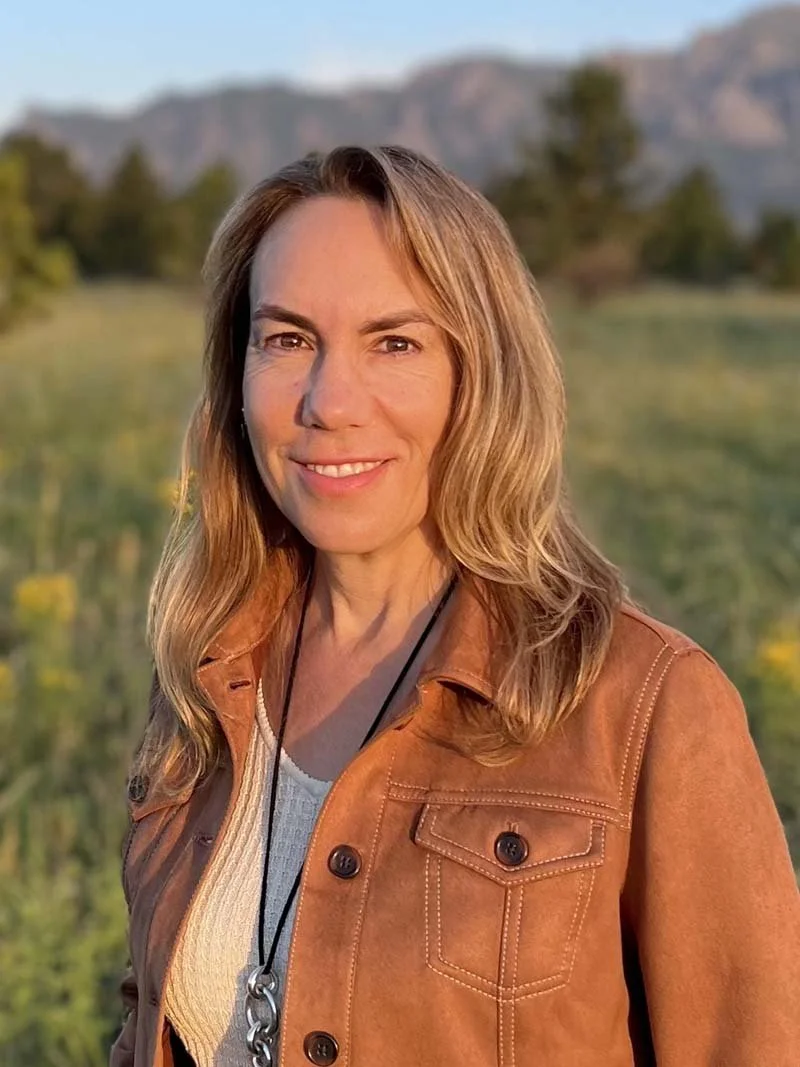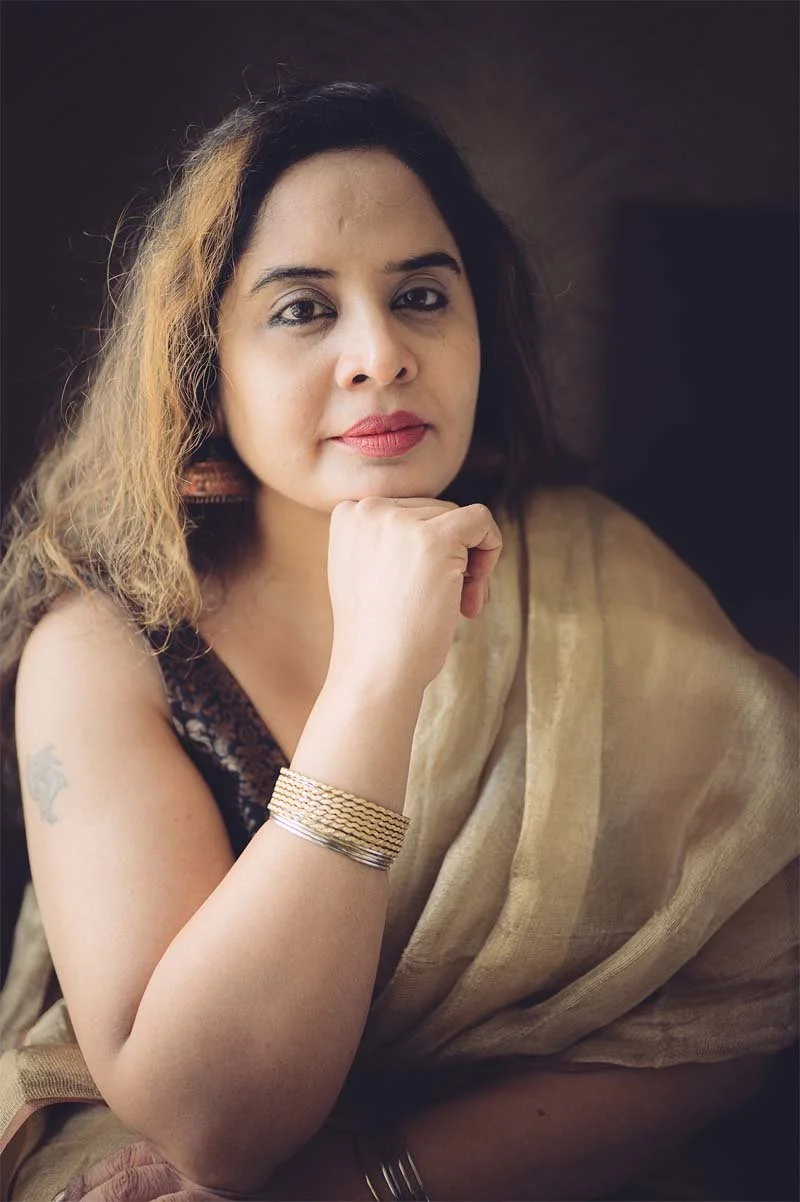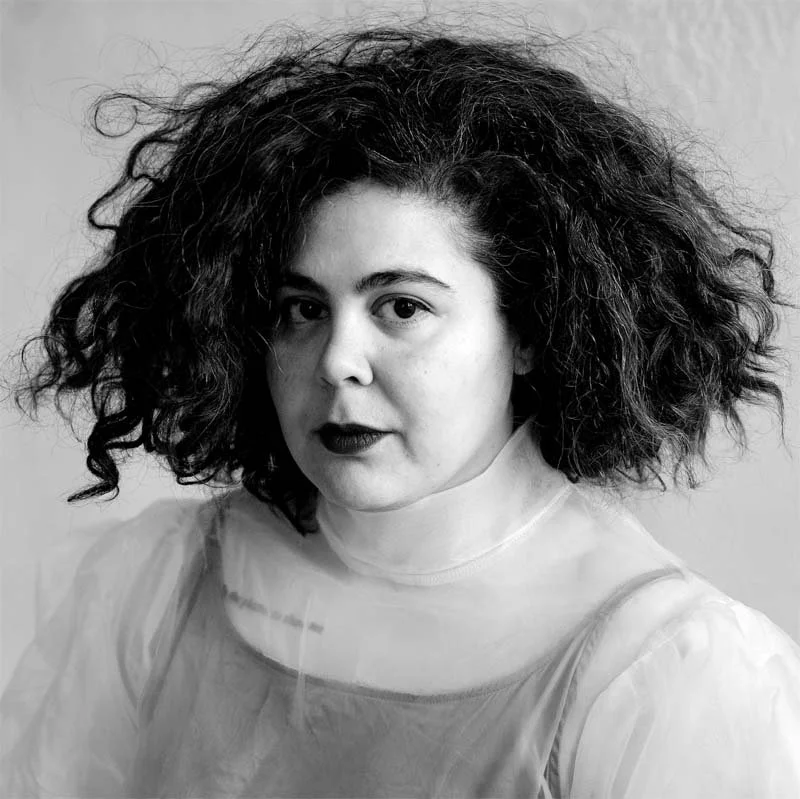Emily Brontë & Fifteen Wild Decembers
/A Conversation with Author KAREN POWELL
Fifteen Wild Decembers is a reimagining of the life of Emily Brontë, so my first step was to return to Emily’s one extraordinary novel, WUTHERING HEIGHTS, and to become more familiar with her poetry. The latter was particularly useful when it came to finding Emily’s voice. I also reread the novels written by her sisters, Charlotte and Anne, and then immersed myself in all the work that has been carried over the years by various biographers and historians. When researching any famous person, a lot of the hard work has already been done for you. Still, it’s important to approach that work with a rigorous eye, and in the knowledge that even the most consciously objective history can only ever be one person’s interpretation of events. As a novelist, there also comes a time when your imagination wants to work its way into the intriguing spaces between the facts, seeking the stories as yet untold.




